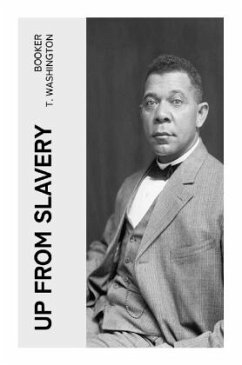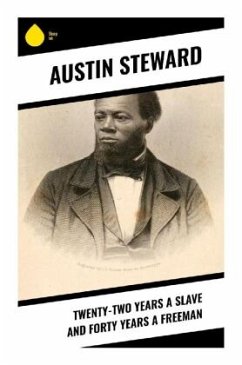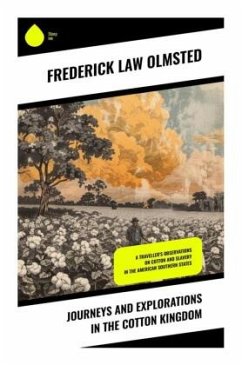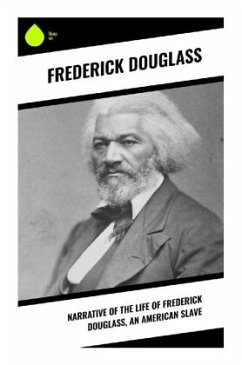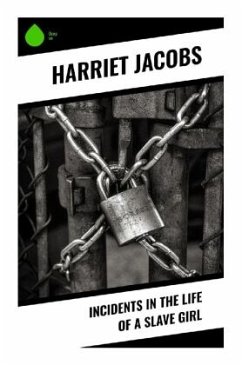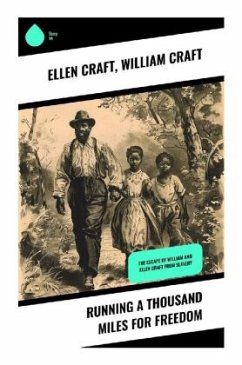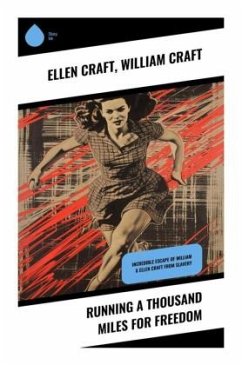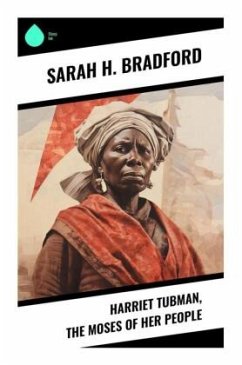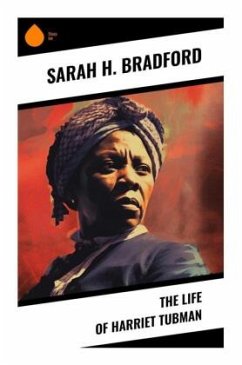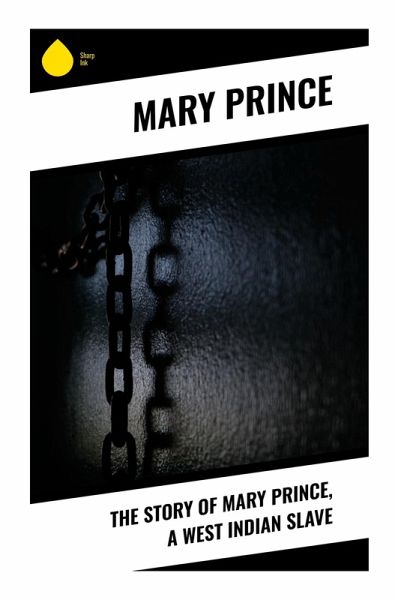
The Story of Mary Prince, a West Indian Slave

PAYBACK Punkte
0 °P sammeln!
In "The Story of Mary Prince, a West Indian Slave," Mary Prince presents a powerful narrative that encapsulates her harrowing experiences as an enslaved woman in the Caribbean. Written in the early 19th century, this autobiography combines vivid personal accounts with a poignant commentary on the brutality of slavery, challenging the contemporary societal norms of her time. Prince's literary style is marked by its emotional intensity and stark realism, blending a first-person perspective with historical context that vividly illustrates the dehumanizing conditions endured by enslaved individual...
In "The Story of Mary Prince, a West Indian Slave," Mary Prince presents a powerful narrative that encapsulates her harrowing experiences as an enslaved woman in the Caribbean. Written in the early 19th century, this autobiography combines vivid personal accounts with a poignant commentary on the brutality of slavery, challenging the contemporary societal norms of her time. Prince's literary style is marked by its emotional intensity and stark realism, blending a first-person perspective with historical context that vividly illustrates the dehumanizing conditions endured by enslaved individuals. As one of the earliest published narratives by a Black woman, this work is essential for understanding the intersections of race, gender, and colonialism in literature. Mary Prince, born in 1788 in Bermuda, was a pivotal figure in the abolitionist movement. Her life as a slave, marked by physical and emotional suffering, fueled her determination to expose the atrocities of slavery. Prince's unique position as a woman of African descent in an era dominated by white male voices allowed her story to resonate profoundly, offering a firsthand account that contributed to the growing discourse on abolition and human rights. This compelling narrative is highly recommended for readers interested in history, literature, and social justice. Prince's emotional testimony not only illuminates the lived experiences of enslaved women but also serves as a foundational text in the study of slavery and resistance, making it a vital addition to both academic and personal collections.




